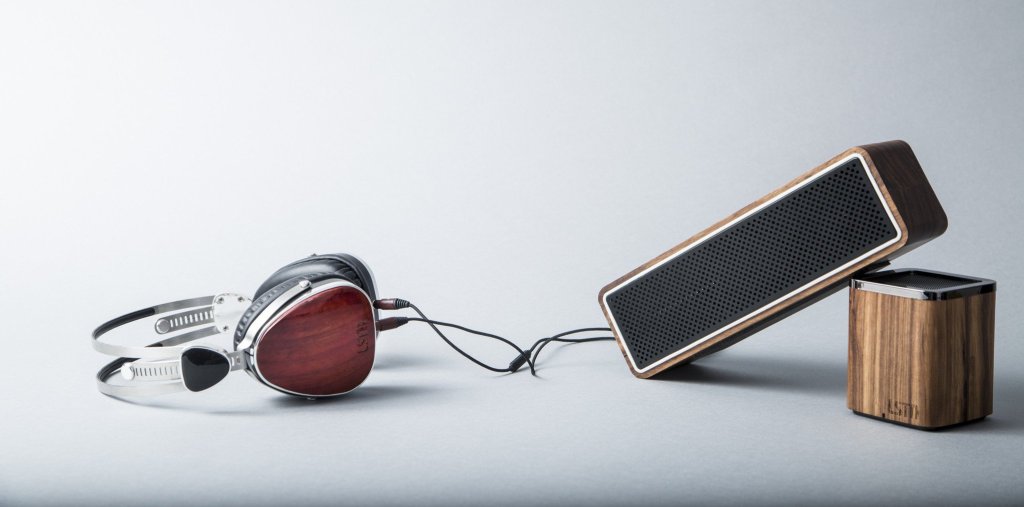Retail Almost Killed This Brand

When LSTN headphones started their West Hollywood, Calif.-based audio company in 2012, they thought retail was the surefire route to customers. Their first deal was with Whole Foods, even though most of its stores had never sold headphones. They hustled, went on the Today Show and Good Morning America, and landed Best Buy and Nordstrom, plus others. They soon discovered, brick-and-mortar retail was much more demanding than they’d expected.
“We figured, naively, that it was the only true way to scale.” Co-Founder, Bridget Hilton
There were trade shows to attend. Costs for in-store marketing, including expensive displays. Advertising fees that ate into their already small margins. Flights to retailers for what seemed like endless meetings. Payments for sales teams, reps and showrooms. Retailers requested pricey new packaging changes and updates. And despite all that, the big boys in their category could always do bigger, louder, stronger marketing.
In retail, they also lost control of their message. LSTN sells $150-to-$250 handcrafted, vintage-inspired headphones — but they do more than that. With every purchase, LSTN helps provide hearing aids to a person in need through a charity partner, Starkey Hearing Foundation. That’s their passion, and it’s what makes them different. But there was just no easy affordable efficient way to explain that from a shelf and it turned into a disaster trying to compete with Bose and Beats by Dre.

Two years in, they couldn’t deny it: They’d approached retail all wrong. They leaned that most big companies use retail as marketing not a moneymaker. But instead Bridget said, it sucked up a wildly disproportionate amount of time and kept them from doing the things that truly would make money — like e-commerce. If they continued apace, the company would fail. So they decided to do what even a year prior would have seemed like an insane risk: They pulled out of every retail store and shifted focus to their own website, and dove into partnerships.
Two years later, the gamble is paying off. Sales improved, and they’ve dug deep on online advertising. They built a multifaceted partnership with Chivas Regal and landed a Delta deal, which means 10,000 people daily will have direct exposure to the brand. They’ve even had the bandwidth to work on new products.
Despite it all, the Bridget isn’t anti-retail. She just knows their timing was wrong. One day they may go back into stores — but only when they know exactly how to capitalize on it
